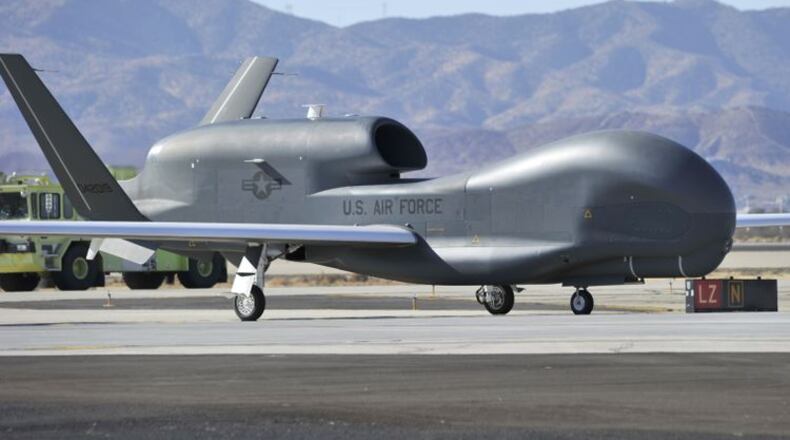This contract provides for the development of three technologies to improve gas turbine propulsion, as the department describes the project.
Work will be performed on advanced fan aerodynamics, designed to increase stall margin and improve operability, according to the DoD. GE Aviation will also be expected work on an advanced fuel system to enhance engine cycle efficiency, reduce uncertainty margins and provide improved thermal management capability. The company will also focus on advanced high temperature sensing to enable temperature measurements in hotter sections of the engine.
Work will be performed in Cincinnati, with an estimated completion date of March 31, 2024.
In Mason, L-3 Fuzing and Ordnance Systems Inc. was awarded a $29,256,541 modification to a contract for multi-option fuzes for mortars and point detonating/delay fuzes, the DoD said.
Work will be performed in Mason, with an estimated completion date of Nov. 30, 2022.
Finally, Northrop Grumman Aerospace Systems, based in San Diego, Calif., has been awarded a not-to-exceed $53,700,000 contract for the RQ-4B Global Hawk autonomous unmanned aircraft system.
That contract will include work for sites in Vandalia and Troy, among other sites across the nation, according to the DoD.
The contract provides for repair services for “common items” for both the RQ-4 GH and MQ-4C Triton. It will support reparable national stock numbers which encompass the air vehicle, multiple sensor packages and other components.
The basic ordering period and six one-year ordering periods are expected to begin Jan. 1, 2021, and end on Dec. 31, 2028, the Pentagon said.
About the Author

